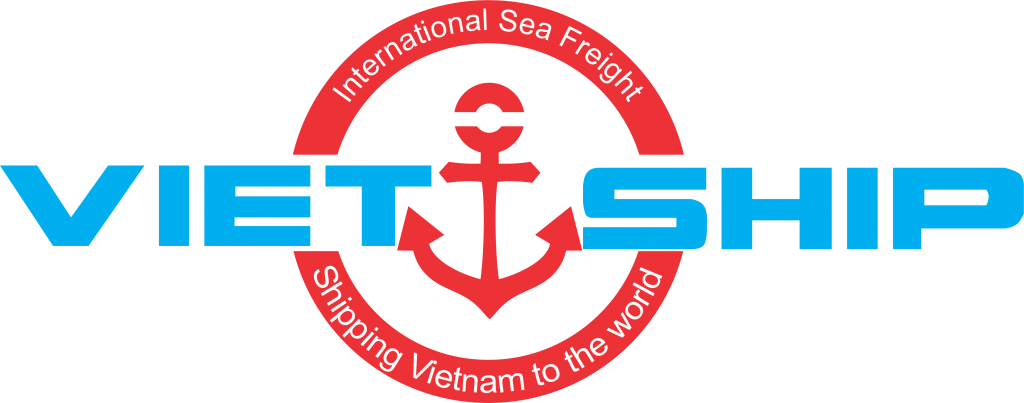Indonesia’s New Import Regulations: Key Updates for 2024
In 2024, the Indonesian government introduced significant changes to its import regulations, aiming to enhance trade supervision, streamline customs procedures, and protect domestic industries. These updates are primarily encapsulated in Ministry of Trade (MoT) Regulations No. 36 of 2023, No. 3 of 2024, and No. 8 of 2024. Below is a comprehensive overview of these regulatory changes and their implications for importers.

1. Expansion of Importable Used Goods
Previously, Indonesia permitted the importation of used goods only under specific conditions, such as when items were unavailable domestically or required for disaster recovery. Regulation 36/2023 broadens this scope, allowing the import of residuals, scrap, or waste not classified as hazardous or toxic for production purposes. This change facilitates businesses in acquiring necessary materials for operations, promoting industrial growth.
2. Revised Import Permit Requirements
Iron and Steel Products:
Under Regulation 3/2024, importers of iron, steel, alloy steel, and related products must now provide:
-
A verification report, recommendation, or technical consideration from the Ministry of Industry.
-
A distribution plan for specific products, particularly for API-U (General Importer Identification Number) holders.
This replaces previous requirements, which included a mill test certificate and a statement of raw material needs or a sales contract.
Textile Products:
Importers of textile products are now required to submit:
-
A verification report or recommendation from the Ministry of Industry.
-
A technical consideration.
These documents supersede the earlier necessity for a statement of industrial ownership and an industry capability report.
3. Adjustments to Import Licensing
Regulation 36/2023 introduces flexibility in import licensing:
-
Importers can transition from an API-U to an API-P (Producer Importer Identification Number) if their Business Identification Number (NIB) has been active for at least one year and all imports have been realized.
-
The 30-day time limit for updating import business license data through the Indonesia National Single Window System (SINSW) has been removed. Now, changes must be made before import realization or before a surveyor report is issued.
-
Provisions for the renewal of Registered Importer or Producer Importer licenses have been revoked, streamlining the process.
4. Simplification Measures to Address Port Congestion
To alleviate port congestion and facilitate smoother import processes, Regulation No. 8 of 2024, effective from May 17, 2024, introduces the following relaxations:
-
Certain commodities, such as traditional medicines, health supplements, cosmetics, and household supplies, now require only a Surveyor Report, eliminating the need for Import Approval (PI).
-
For electronics, footwear, apparel, and accessories, the requirement for Technical Consideration from the Ministry of Industry has been removed.
-
Iron, steel, and textile products arriving between March 10 and May 17, 2024, are exempted from PI, with verification for the Surveyor Report permissible at the destination port or other customs areas.
5. New Import Duties and Tax Regulations
As of March 5, 2025, the Ministry of Finance implemented Regulation No. 4/2025, adjusting import duties:
-
The tax-free threshold for imported goods has been reduced from USD 75 to below USD 3 per recipient and shipment.
-
A tiered rate system applies to goods valued between USD 3 and USD 1,500, with rates of 0%, 15%, and 25% depending on the commodity.
These changes aim to enhance revenue collection and protect local industries from low-value imports.
6. Enhanced Customs and Excise Audits
Regulation No. 114/2024 introduces stricter customs and excise audit procedures:
-
The audit period has been shortened from 24 months to 21 months.
-
Audits must be completed within three months, including data collection, review, and verification.
-
Auditors are granted expanded authority, including the ability to request data, enter business premises, and appoint experts.
-
A Strategic Risk-Based Audit Sampling Technique has been introduced to improve efficiency.
-
Auditees are now required to sign an integrity pact and provide inventory samples to support the audit process.
7. Import Restrictions on Personal Belongings
Regulation No. 3 of 2024 imposes stricter controls on non-commercial goods, including those carried by passengers:
-
Certain items are now subject to import restrictions, as detailed in Appendix IV of the regulation.
-
These measures aim to prevent the misuse of personal import allowances and ensure fair trade practices.
8. Safeguard Duties to Protect Domestic Industries
In response to concerns about the impact of imports on local businesses, Indonesia plans to impose safeguard duties ranging from 100% to 200% on products such as footwear, clothing, textiles, cosmetics, and ceramics. This move is intended to protect micro, small, and medium enterprises from being overwhelmed by imported goods.
Conclusion
The 2024 regulatory changes in Indonesia’s import policies reflect a concerted effort to balance trade facilitation with the protection of domestic industries. Importers must stay informed and adapt to these new requirements to ensure compliance and maintain smooth operations. Engaging with experienced customs brokers and legal advisors is advisable to navigate the evolving trade landscape effectively.
Xem thêm:
Dịch vụ vận chuyển đường biển thực phẩm chức năng từ Canada về Việt Nam

